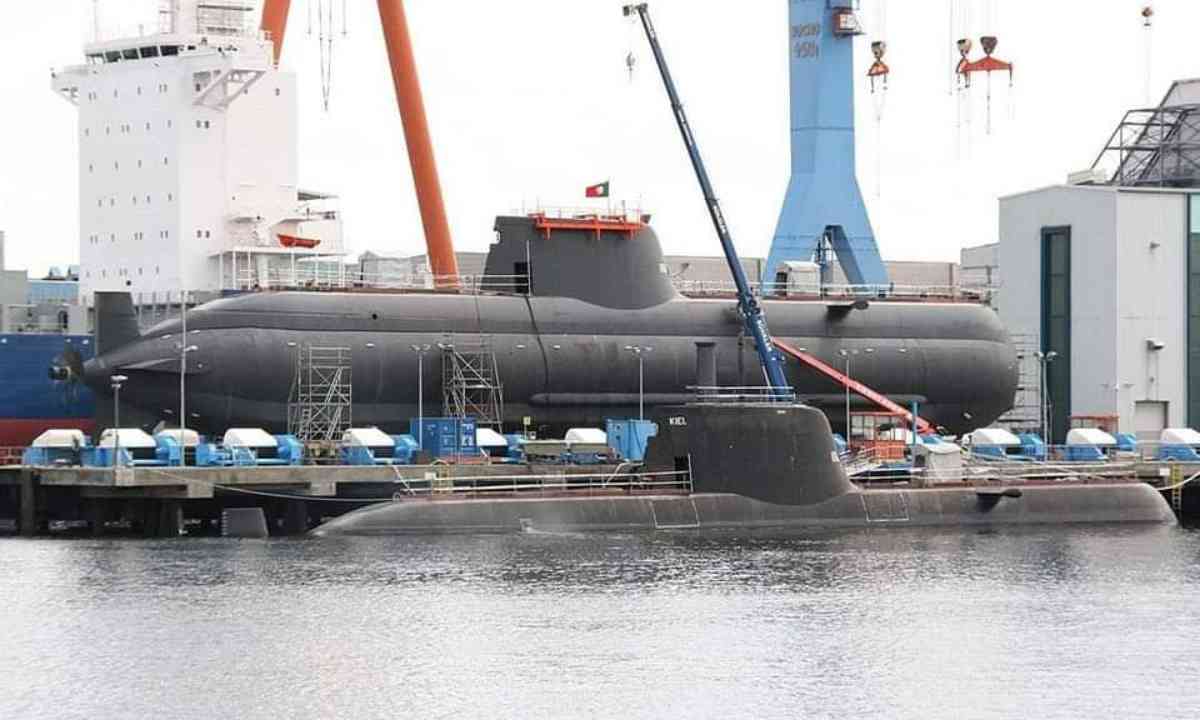During discussions between the Defense Ministers of India and Germany, Rajnath Singh and Boris Pistorius, respectively, Germany expressed its keenness to participate in India's P-75 India project, which involves the construction of six advanced submarines under the strategic partnership (SP) model. This collaboration aims to bolster the Indian Navy's undersea capabilities and strengthen bilateral defence cooperation, with a specific focus on industrial partnerships. The P-75 India project holds significant importance as part of India's broader Make in India initiative.
Officials have confirmed that Germany is enthusiastic about its involvement in the P-75I competition, and the Indian side has welcomed their participation. The defence ministers reviewed the ongoing bilateral defence cooperation and explored opportunities to deepen collaboration, particularly in defence-industrial partnerships. Although the official statement did not explicitly mention P-75I, it marked a notable visit as it was the first by a German defence minister in eight years.
_1686128036.png)
The SP model entails the domestic manufacturing of major defence platforms through collaboration between an Indian strategic partner and a foreign original equipment manufacturer (OEM). In this context, Germany's ThyssenKrupp Marine Systems (TKMS) is reportedly in a favourable position to secure the submarine-building contract. The Indian strategic partners for the project are Mazagon Dock Shipbuilders Limited and L&T, while the foreign partners include the French Naval Group, Russia's Rubin Design Bureau, Spain's Navantia, and South Korea's Daewoo Shipbuilding & Marine Engineering Company.
The P-75I project, which has been under discussion for over two decades, has progressed slowly. During Pistorius's visit to Mumbai, an expected outcome is the signing of a memorandum of understanding (MoU) between TKMS and Mazagon Dock Shipbuilders. This MoU would pave the way for both companies to bid for the multibillion-dollar submarine contract.
_1686128059.png)
The submarines constructed under the P-75I project will be equipped with air-independent propulsion (AIP) systems, enabling longer durations underwater and enhancing combat capabilities. The strategic partner is required to ensure a minimum of 45% indigenization in the first submarine, with the indigenous content increasing to 60% in the sixth submarine. However, it is estimated that it will take approximately a decade to deliver the first submarine to the Indian Navy, even after the contract is awarded.
India's broader submarine construction program aims to have a fleet of 18 new conventional submarines and six nuclear-powered submarines over a 30-year period. Additionally, the country plans to operate four nuclear-powered ballistic missile submarines. The defence ministers also discussed potential opportunities for German investments in India's defence industrial corridors and highlighted the scope for collaboration between the Indian and German defence industries.
Pistorius emphasized that Germany is willing to sell submarines to India and expressed Germany's interest in reducing India's dependence on Russian weapons. The strategic partnership between the two countries, established in 2000, serves as a foundation for further strengthening the relationship. The defence ministers emphasized the potential for a symbiotic relationship based on shared goals and complementary strengths, such as India's skilled workforce, competitive costs, and Germany's advanced technologies and investments.
© Copyright 2023. All Rights Reserved Powered by Vygr Media.





















